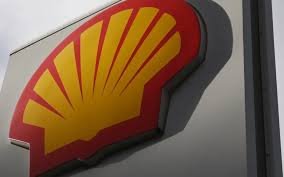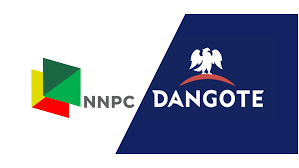The Dangote Refinery, a $20 billion project spearheaded by Nigerian industrialist Aliko Dangote, has reportedly commenced test runs for petrol production.
This development marks a significant milestone for the 650,000-barrel-per-day facility, which has previously focused on producing diesel and other distillate fuels.
According to a note by industry monitor IIR Energy, as reported by Reuters, the refinery is expected to achieve full operational status for petrol production by mid-September. This timeline represents a slight delay from earlier projections, which had anticipated petrol deliveries to begin in July.
“It is possible that there could be further extensions,” IIR cautioned in its note to clients, highlighting the complex nature of bringing such a massive refinery online.
The Dangote Refinery’s entry into petrol production is poised to transform the energy landscape in Africa. Once fully operational, it is expected to significantly reduce Nigeria’s dependence on imported refined products and disrupt the established Europe-to-Africa fuel trade routes.
This development aligns with recent announcements from the Nigerian government. Earlier this month, a federal committee tasked with implementing crude oil sales to local refineries in naira reached an agreement with the Dangote Petroleum Refinery for the rollout of petrol in September 2024.
Furthermore, the government has set October 1, 2024, as the commencement date for crude oil sales to Dangote Refinery and other local refineries.
This decision was announced by Wale Edun, the Minister of Finance and Coordinating Minister of the Economy, during a meeting with the Implementation Committee in Abuja.
Dr. Zacch Adedeji, Executive Chairman of the Federal Inland Revenue Service and Chairman of the Technical Sub-Committee, confirmed these plans, stating, “The first PMS delivery from Dangote is expected next month under existing agreements.”
ALSO READ: Dangote Refinery Denies Setting ₦600/Litre Petrol Price
The progression of the Dangote Refinery towards full-scale petrol production represents a crucial step in Nigeria’s efforts to achieve energy self-sufficiency.
As Africa’s largest oil producer, Nigeria has long faced the paradox of exporting crude oil while relying heavily on imported refined products.
The success of this refinery could mark a turning point in the country’s energy sector and have far-reaching economic implications.


























